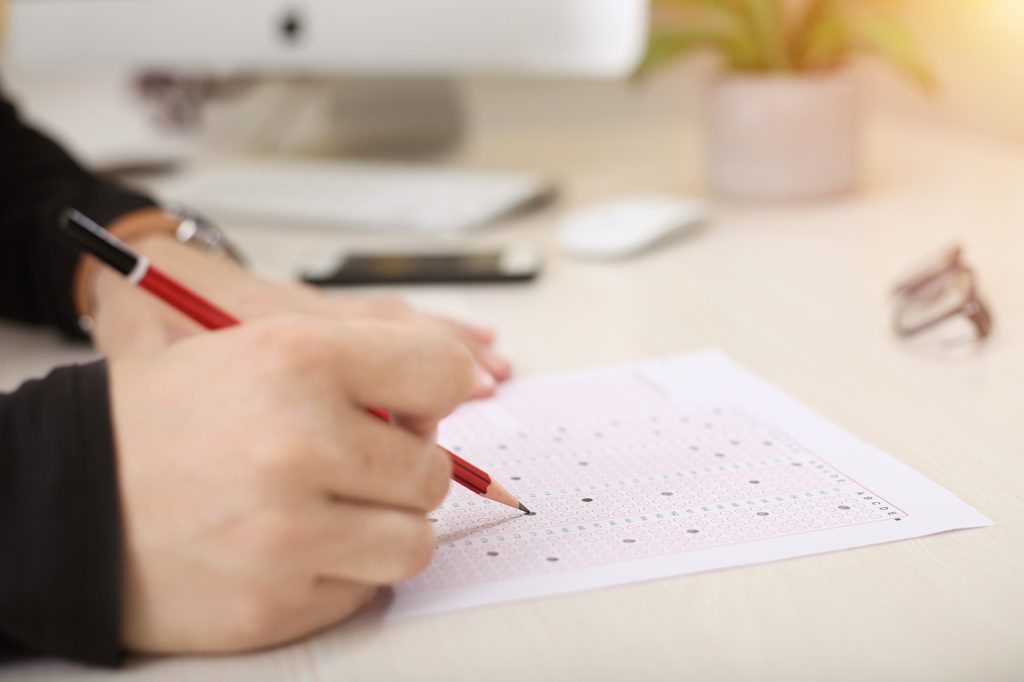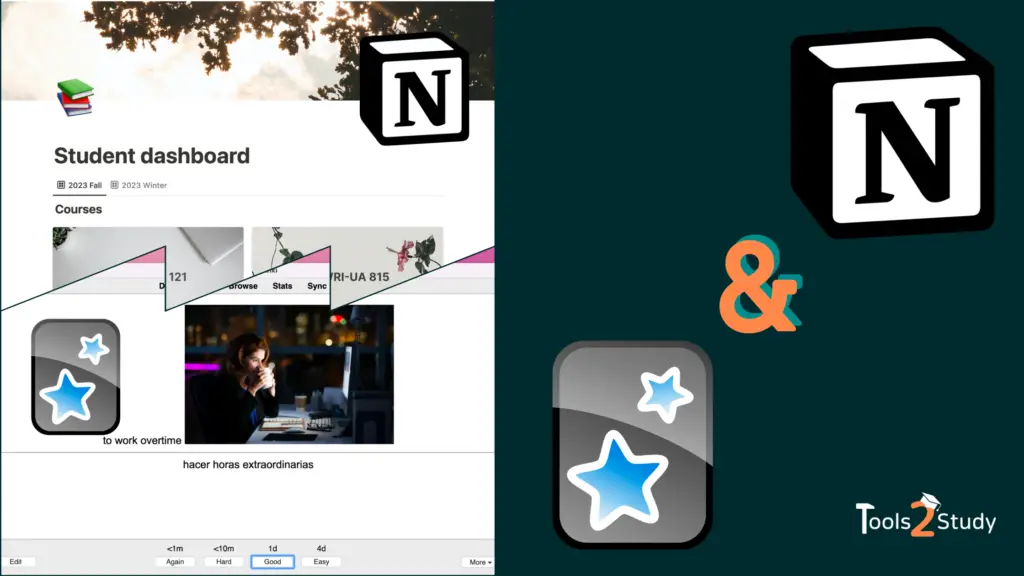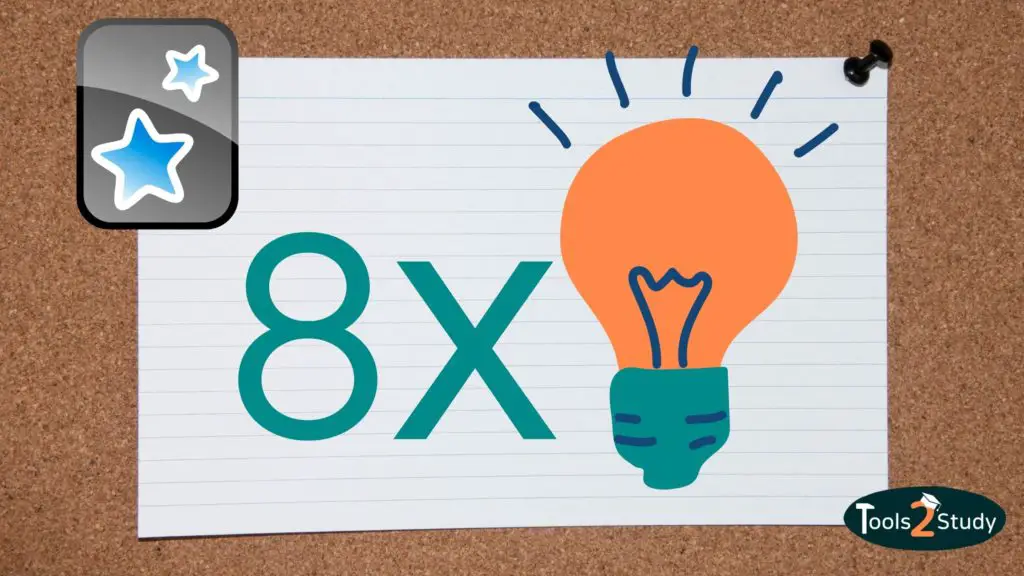Old exams are particularly valuable before the next test. They are ideal as an ultimate assessment. But be careful: if you cheat yourself, you may be lulled into a false sense of security, and you will have a bad surprise when it comes to the real exam. So how do you learn effectively? You will find out in this post.
Read on if you want to know how to proceed in detail. Here is another overview for you:
Where do you get past exams?
The first step in learning with previous exams is, of course, to find some. This is not always easy. That’s why we wrote a separate post on this. Click here if you want to know where to get old exams.
In a nutshell, you can find old exams via the following sources:
- About the student council
- From professors
- From tutors
- From fellow students
- From websites like Studydrive or StuDocu
The right time to work through past papers
If you have found one or at best even several past exams and have them at hand, the question arises: When should you take them?
As mentioned at the beginning, old exams are extremely valuable. They are the best weapon you have in your preparation arsenal. Now it is important not to shoot your powder too early in order to not let the effect fizzle out.
That means you have to be patient. I would recommend you to work on old exams only at the end of your studying period. Why should you tackle them if you haven’t learned all the chapters yet? There are exercises for that.
Important: There is no guarantee that the next exam will be similar to the past paper. Especially if the next exam is by a new professor or even from a different chair, the upcoming exam can be extremely different. Unfortunately, I speak from experience…
Only when you have gone through all the relevant topics and feel confident you should test your knowledge with the past exams. This will give you the best impression of whether you are well prepared or not.
Ideally, you will then have some breathing space before the actual exam date so that you can work on your weaknesses.
Tip: A quick look at the old exams is often worthwhile at the beginning of the learning phase. This will give you a good impression of which topics you should devote more or less time to in your preparation.
Learning with old exams – creating the right exam conditions
I have often made this mistake myself: You have last year’s exam in front of you, and when the first difficult task comes up, you look at the sample solution. This is exactly what you should not do. Only the right exam conditions give you the boost in exam preparation. So what does that mean?
1. Limit your time
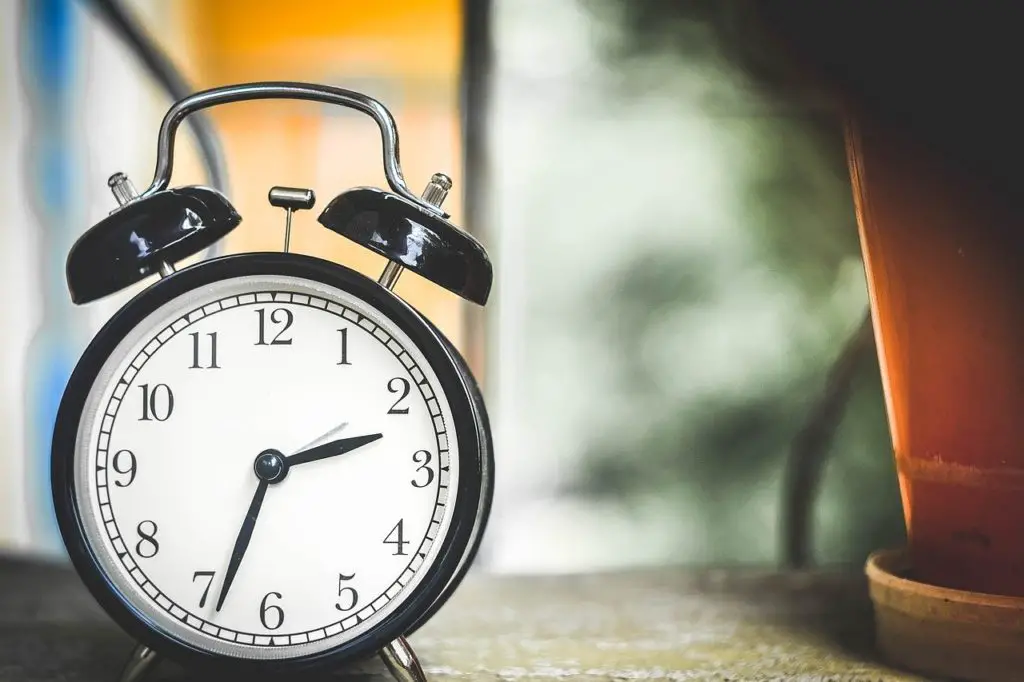
The time factor is crucial in many exams. Often, the individual tasks are not that difficult and the challenge is to complete them all in a small amount of time and, of course, preferably without making any mistakes.
That’s why it’s important to stick to the given time limit, even for past papers. This way you can best prepare yourself for the time pressure and stress during the upcoming exam.
It is best to set a timer with the official exam time and only then start reading through the questions.
Stick to the exam process
What do I mean by that? On some exams, we had to write our names on each sheet of paper first. In a math exam, we were only allowed to hand in the exam sheet, but not the calculation sheets. We had to transfer the solutions ( in some cases with a shortened calculation path) to the datasheet. I was not prepared for this and lost important time.
In order to simulate the time pressure of an exam correctly, it is important to know these things beforehand and to practice them yourself already in the test exams. This way you don’t lose any time in the real one.
2. Put away the notes (and solutions)
If it’s not an Open Book exam, your notes have no place next to you. Put away your notes, your laptop and of course the solutions.
This way you won’t be tempted to “cheat” yourself. If you get stuck on a task, mark it so that you can work on it again more intensively after the run-through.
3. Have the allowed aids ready
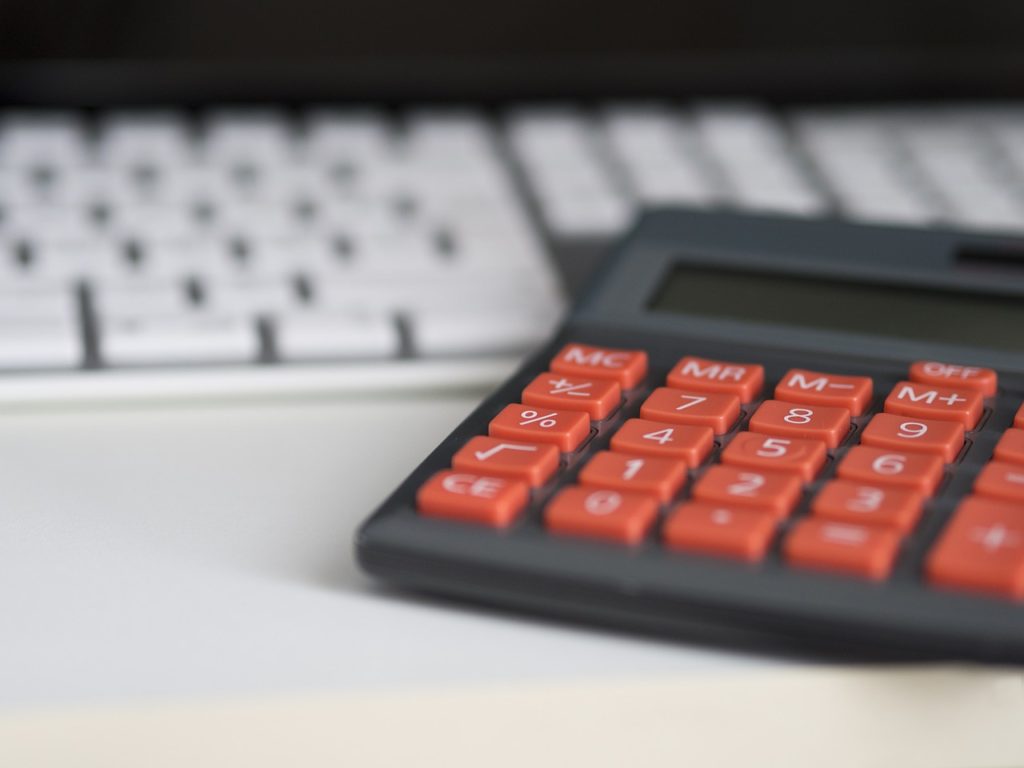
Do you need a calculator, a formulary, a law book etc. for the exam? Have all the tools ready that are allowed for the upcoming exam. This way you can familiarize yourself with them and learn how to organize yourself.
Tip: If possible, print out the exam sheet as you would for a normal exam. This way you can mark and highlight important words.
4. Do the exam alone
Study groups or study buddies are great. But when it comes to your own mock exam, everyone should work on the tasks on their own. In the real exam you cannot help each other either.
For effective preparation, you should therefore also work on the past exams alone. Of course, afterwards you can go through the individual tasks together and discuss your solutions.
4. No distractions
There are many distractions when studying. Your phone is probably the worst one. But also the laptop, the TV or the radio can disturb your own concentration.
Therefore, just like in the exam room, turn off all electronic devices so that they cannot distract you. If you measure time with your cell phone, at least set it to flight mode or “do not disturb”.
This way you can best prepare yourself for the atmosphere in the lecture hall.
6. No music
I myself can concentrate best with quiet music. Unfortunately, this is not allowed during the exam. That is why you should not listen to music while doing past exams.

If you get used to it during the exam preparation, the silence in the exam hall will rather disturb your concentration.
Tip: It is best to work on the old exams in the library. The atmosphere there is very similar to the exam atmosphere later. This will also train you not to be distracted by the noises of others.
Evaluation and follow-up of your test exams is key
The timer is ringing. Time is up. Now it’s time to get down to business. You should have already gotten a good sense of how well prepared you are and where you think there is room for improvement.
But now it’s about having more than just a feeling. In the post-processing and correction of your mock exam, you can document everything in black and white. If you have not cheated yourself, you will see clearly how well you are prepared.

1. Correct your paper
The first step is clear: First, you should go through your solution step by step and correct your answers, just like your professor will do later. If you do not have a sample solution at hand, it is worthwhile to look at the corresponding exercises. There you will often find similar problems that reveal the solution or at least the correct approach.
Try to be as honest as possible when grading yourself points for the exercises. At the end, add up the points and calculate your grade according to the grading key.
If you don’t have one, you can use these guidelines as a guide:
- Science exam: Passed with more than 40% of the points.
- Multiple choice or continuous text exam: Passed with more than 60% of the points.
Tip: When correcting, try to put yourself in the corrector’s shoes as much as possible. Are there any formulations that are unclear? Is your solution really comprehensible? Is your writing easy to read?
If you make it easy to correct your exam, you will only benefit from it.
2. Note down the topics that you still need to practice
Where did you have problems during the exam? In which tasks did you make easy mistakes? Which questions took you too much time? Write down the topics that need more practice.
As an overview, you can list all topics and give yourself a grade from A-F. This will show you where you might need to invest more time and where not.
3. Create a plan how to repeat the topics
In the next step, you should make a small plan, which topics you have to repeat and to what extent. Which learning methods are best suited? Are there any exercises that are similar to the ones you had problems within the exam?
Tipp: Bei Karten und Notizen ist es oft besser, nur die bloßen Daten zu exportieren ohne das HTML und die Medien, da diese die Weiterverarbeitung in Excel schwierig machen.
This will help you to remember the relevant information and concepts even better and to really build more connections in your brain.
Old exams tell you what you have to pay attention to

Especially if the old exams are from the same professor, an analytical look at previous exams can reveal a lot. It is ideal if you have even more than one old exam ready. Investigating the exam(s) from the following points of view is definitely worthwhile:
- Are there patterns of tasks that can be identified?
- How are the points distributed among the topics?
- Which chapters are weighted more?
- Which types of tasks are perhaps too extensive for an exam?
- What are the command words to look out for in the tasks and what is expected?
This can give you a decisive advantage in preparing for the exam. Ideally, the upcoming exam can no longer surprise you. Unfortunately, you can never be sure about that.
Clever learning with old exams
I hope this post could give you some helpful tips for learning old exams. If you were looking for this, you are definitely on the right track. Past Exams are a very clever way to prepare for exams.
And that’s good because it’s not about learning super much, but efficiently.
Study smart, not hard 🎓

